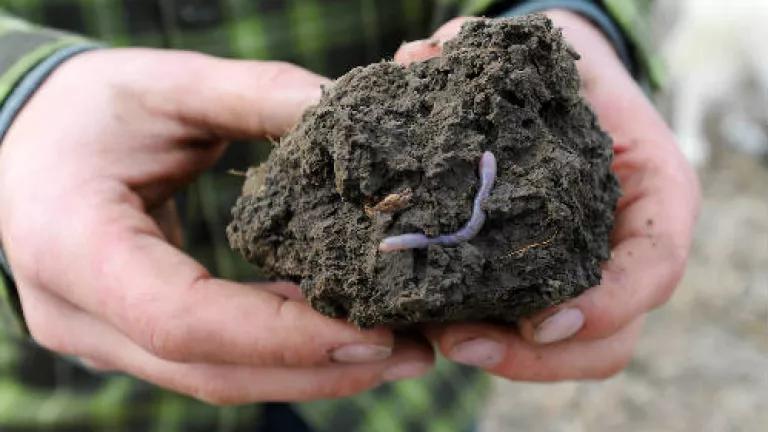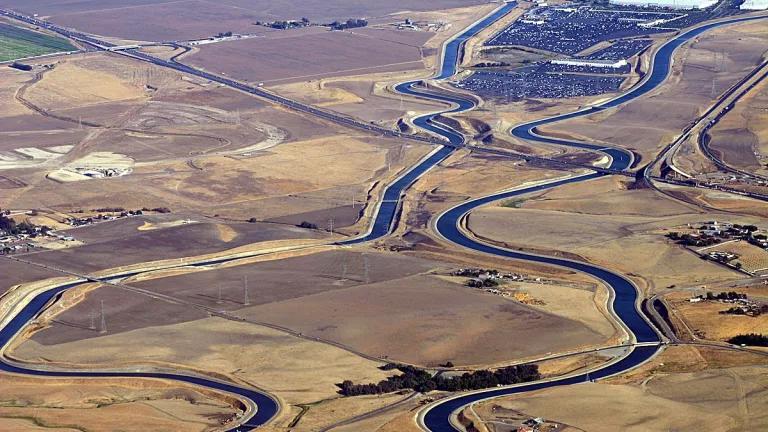Food service giant Aramark, which sells more meals than nearly anyone else in the United States, released a new sustainability plan that aims to reduce its greenhouse gas emissions by 2025. While that might sound good—unfortunately, it doesn’t live up to the hype.
For starters, the plan did not address the significant emissions associated with its menus, one of the company’s largest sources of greenhouse gas emissions. And the company failed to even set a goal for how much climate pollution they are aiming to reduce, which is the hallmark of a meaningful climate plan, and something the company had pledged to do at their last shareholder meeting.
Why does this matter? Food service companies like Aramark serve more meals to Americans nationwide than anyone besides McDonald’s—with clients ranging from schools and universities to stadiums, hospitals and prisons. Because they sell so much food, offering more plant-based options and less climate-intensive animal products on their menus can have a big impact. Cutting their purchases of red meat by just 30% would be the equivalent of taking a million cars off the roads over 10 years.
The company’s weakness on climate change is especially disappoint ting given the wave of reports from world’s leading experts in the past year—from the United Nations to respected journals like the Nature and Science—calling for a major menu shift away from large amounts of climate-intensive foods like meat and dairy, toward more plants. In fact, the same week they released their plan, a new report was published in a leading scientific journal found the world needs to reduce meat consumption in the next decade to solve the climate crisis.
Finally, the plan’s weakness is most disappointing given that many of Aramark’s own clients—young people—will bear the greatest impacts of the company’s inaction. This year, millions of young people have taken to the streets in ‘climate strikes’ that call for a global mobilization to fight climate pollution. Aramark is feeding many of them in the cafeterias of their K-12 schools and universities. The planet that these young customers inherit will be shaped in large part by actions that food companies like Aramark take now. The company owes it to them to take responsibility for the impacts its menus will have on their future.
Now is the perfect time for the company to do right by their young customers and set a model for its competitors to follow. At its last shareholder meeting, leadership expressed concern about climate change and a desire to address it. And when new CEO John J. Zillmer came on board this fall he vowed to put his customers first. There is no better way to build a legacy of customer service than to invest in the health and future of the people it feeds.
It’s not too late for Aramark to change course. Despite its disappointing scope, the plan leaves the door open to establishing meaningful goals to reduce its climate pollution. In its opening pages, it states that that the company will conduct “an emissions inventory, identifying specific actions to drive our reduction of carbon emissions, and working toward improving our public reporting.” Aramark must complete this inventory without delay, report its findings and establish an aggressive goal to reduce emissions from one of its most important sources—its menus.
Anything less is lip service.




